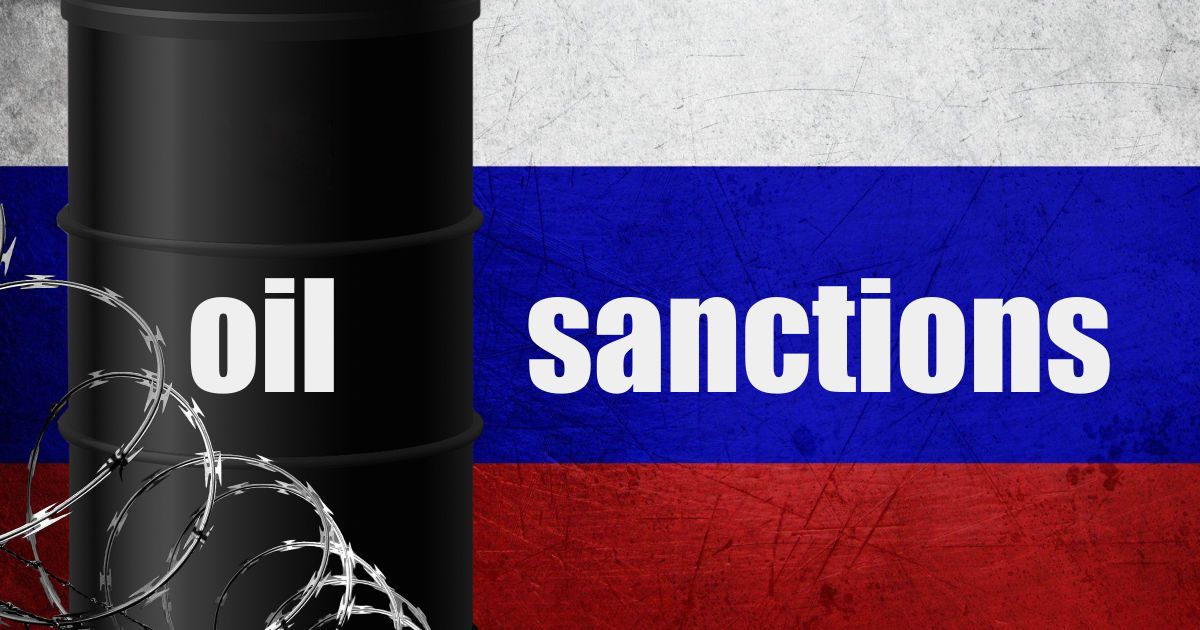The introduction of a price cap on Russian marine crude
oil
at $60 per barrel has two goals:
to reduce Russia's income and to maintain oil prices on the world market.
US Treasury Secretary Janet Yellen said
this in
an interview with CBS.
So, according to her, the first goal is to limit the income that Russia receives.
"And we want to make sure they don't get windfalls," she said.
The second goal is to keep world oil prices in a moderate range.
"So, these are our two goals: to reduce Russia's income, to make it difficult for them to wage war, and to keep world prices in a moderate range and avoid jumps," she summarized.
Limitation of prices for Russian oil
On Friday, December 2, the European Union countries agreed on
a regulated "ceiling" of prices for Russian marine oil
at the level of $60 per barrel.
The countries of the Group of Seven (G7) and Australia announced similar measures.
On Saturday, December 3,
the Council of the EU adopted a decision
to introduce price restrictions on Russian marine crude oil.
Ukrainian President Volodymyr
Zelenskyy called this decision a "weak position"
of the West.
The head of state emphasized that it is only a matter of time when stronger tools will have to be used anyway.
The Financial Times wrote that Russia came up with
a scheme to bypass oil sanctions
.
The Kremlin is forming a "shadow fleet".
The aggressor country bought more than 100 ships for its transportation.
Read also:
Putin's Oil Bottom: Will Price Caps Hit Russia's Revenue and War Funding Against Ukraine
Energy disarmament of Russia: how the oil embargo will deprive the country of money for the war against Ukraine
What will the new price limit for Russian oil mean for global consumers: the opinion of experts
